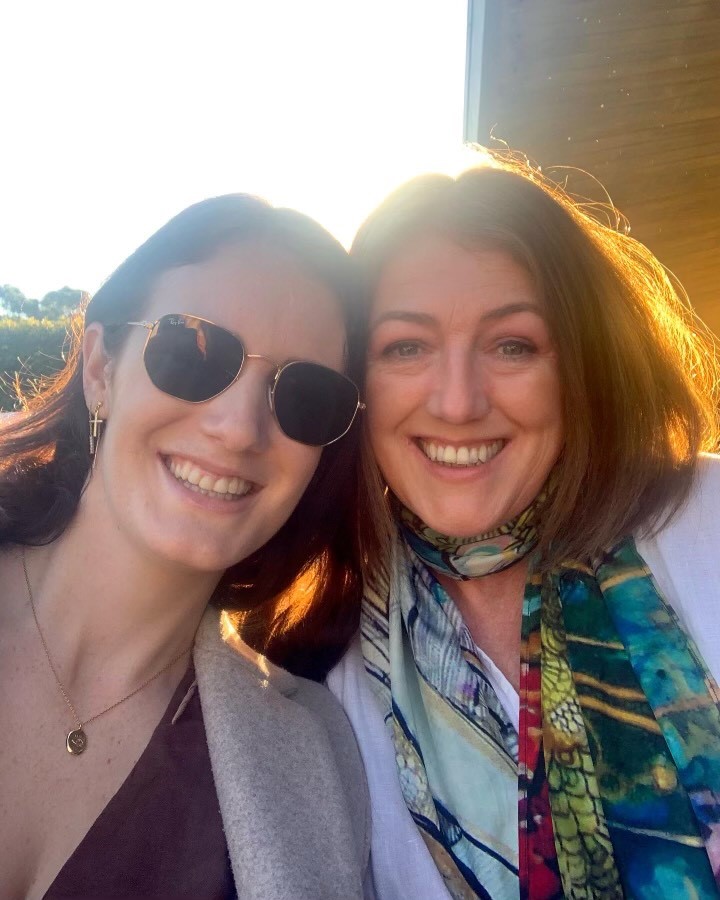A young school teacher from Terrigal, Ella Peers, will be joining this year’s Melanoma March Central Coast in honour of her mum, Amanda, who was only 52 when she died last year from Stage IV melanoma.
Peers is calling on other locals to join the Melanoma March at Memorial Park in The Entrance on Sunday, March 12, to support the psychological health and wellbeing of those living with advanced cancer and to help tackle the glamour of Australia’s tanning culture.
It is part of Melanoma Institute Australia’s (MIA) 12th annual Melanoma March campaign which needs to raise $1M for Australia’s first clinical trial aimed at treating fear of cancer recurrence experienced by those with advanced disease.
The trial will focus on identifying and supporting advanced melanoma patients experiencing fear and anxiety about their melanoma recurring or progressing, with the findings also benefitting other cancer patients.
Peers said that going through a melanoma diagnosis left physical scars, but the mental scars could be worse.
“For mum, every appointment was bad news, none of the treatments worked,” she said.
“We all started to see life differently, and found it really hard to think beyond her sickness and cancer. It consumes everything and drains you.
“Including psychological support as part of someone’s overall treatment plan, especially when they’re facing constant adversity, could make such a difference,” Peers said.
Melanoma Institute Australia CEO, Matthew Browne, said supportive care was one of the top five priorities identified in the landmark State of the Nation Report into Melanoma.
“Some 40 percent of patients reported experiencing anxiety around their diagnosis and treatment, with one in two also reporting that anxiety and depression were not identified in routine clinical practice which was a barrier to them accessing support services,” he said.
“This Australian-first clinical trial, led by senior clinical researchers at MIA, aims to ensure the emotional needs of cancer patients are recognised and addressed as part of their routine clinical care.
“The clinical trial findings will not be unique to melanoma patients, with the outcomes also likely to benefit other advanced cancer patients,” Browne said.
He said that the passionate Melanoma March community was also advocating to stop the glamorisation of tanning.
“A tan is skin cells in trauma, and the glamorisation of tanning in advertisements, social media and media is promoting a behaviour which we know kills,” Browne said.
“Australia has the highest melanoma rates in the world, with one person diagnosed every 30 minutes and one person dying from the disease every six hours.
“It is the most common cancer affecting Australians aged 20 to 39 and half of advanced melanoma patients don’t respond or become resistant to new immunotherapy treatments,” Browne said.
Sue Murray




